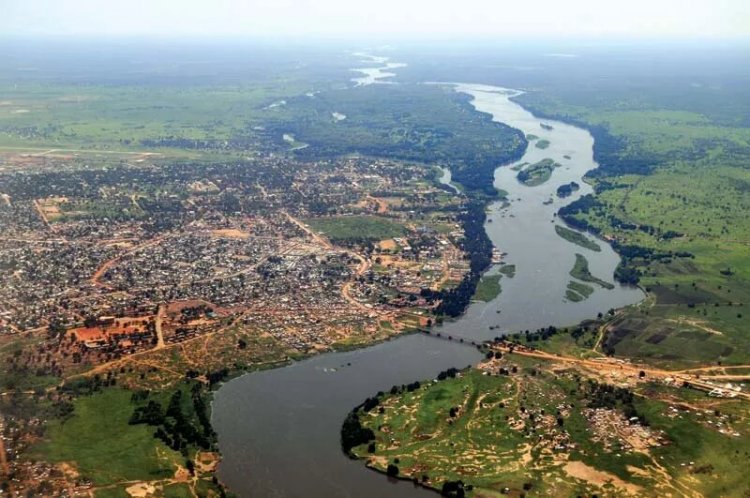Why Chimate Change Should Concern The Nile Countries

The long-standing dispute over the Nile River was primarily on the utilization of the waters. A holistic approach for conservation, protection, and utilization of the Nile River basin was missed for long. But without striking in a deal for a comprehensive governance scheme to address the environmental problems posed against the basin an equitable and reasonable share of the Nile waters would not be secured.
The blame must go to the downstream countries for their reluctant approach for a basin-wide agreement to address the governance challenges including the climate change impacts. Benefit-sharing should come after sharing of burdens on the costs of conservation and protection of the Nile environment.
Climate change has become a global threat to the environment including the watercourses. The globe has launched a number of international mechanisms to deal with climate change.
The 2015 Paris climate accord was the latest of all initiatives. There is a nationally determined emission reduction to withhold the global warming rate below 2 Degree Celsius. The Nile riparian states are duty-bound to mitigate the environmental problems threatening the water flows of the Nile River.
Their mitigation should be expressed through their cooperation on the afforestation programs on the headwaters and tributaries of the Nile River. Those headwaters are located in Ethiopian highlands. Ethiopia has embarked on the planting mission of twenty billion trees within four years period.
The downstream countries should participate in this green legacy mission and should cover the conservation and protection costs of the Nile basin. To that end, Ethiopia should offer a call for participation in the green legacy mission to the downstream nations.
For the downstream nations, participating in the greening of Ethiopian highlands would amount as a mitigation strategy for their millennial damages caused to the Nile River. They have depleted the Nile environ through over-exploitation and mismanagement of the river. Now is the time to act for them, the maxim ‘better late than never’ would apply to this quest.
But long-term cooperation on the conservation and protection of the Nile River Basin should be governed through a basin-wide legal and institutional frameworks. Such a basin-wide arrangement could establish a permanent river basin commission to administer and facilitate cooperation among the riparian nations towards the fight for climate change and its adverse impacts on the Nile ecosystem.
The Nile nations could draw lessons from others like the Mekong and Danube river governances. Indeed the coming into force of the 2010 Cooperative Framework Agreement (CFA) would expedite cooperation on the protection and conservation of the Nile River through its permanent Nile River Basin Commission (NRBC).
But for genuine cooperation on the mitigation of environmental problems threatening the Nile ecosystem Egypt and Sudan should sign and ratify the CFA. By then blue peace can be born in the Nile River Basin Nations. For this to happen egoistically, selfishness and unilateral approaches should be thrown into the dustbin.












